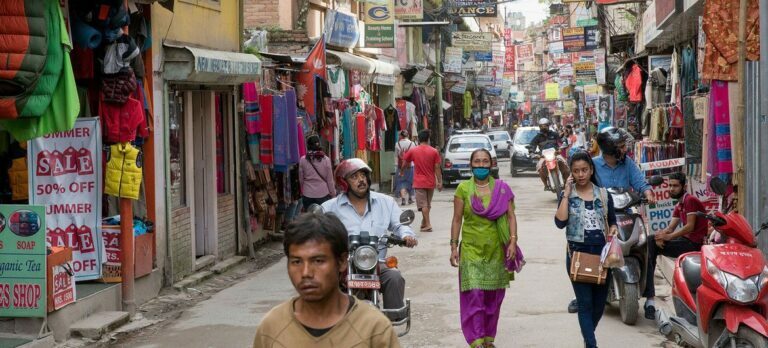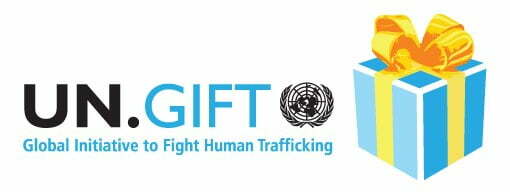Forced labour, prostitution and child marriages: rescuing victims of trafficking in Malawi
The six men from Nepal believed they were heading to the United States for work. Instead, after a long journey which took them through six countries, they arrived in Malawi. They were locked in a house and their passports were taken away.


